Blended families and Complex Dynamics of Estate Planning face unique challenges in Texas. The complex dynamics require careful navigation. Understanding the structure and relationships within these families is essential. It involves stepparents, stepchildren, and half-siblings. Each relationship has a profound impact on estate planning strategies.
Imagine
Navigating a maze with multiple paths, each leading to a different treasure chest. Now, picture this maze as the complex world of estate planning for blended families in Texas. It’s a journey filled with twists, turns, and surprises at every corner. But don’t worry, you’re not alone in this adventure. We’re here to guide you through the labyrinth, ensuring you find the treasures meant for your loved ones.
Blended families and complex dynamics of estate planning come with their own unique blend of challenges. Much like a recipe that requires specific ingredients for the perfect outcome. Estate planning for such families isn’t just about drafting documents; it’s about weaving together the strands of relationships, laws, and emotions into a safety net that protects everyone involved.
Why should you keep reading about Blended families and Complex Dynamics of Estate Planning?
Simple: to navigate the maze successfully and ensure your estate plan is as blended and harmonious as your family. You’ll discover the essential ingredients for a comprehensive estate plan, strategies to protect your children’s inheritance, and the secret sauce to managing family dynamics smoothly. Plus, we promise to keep it playful and engaging, because let’s face it, estate planning could use a little light-heartedness.
In this blog, we’ll explore the complexities of estate planning for blended families in Texas. From protecting your children’s inheritance to understanding spousal rights and navigating tax implications, we’ve got you covered. So, stay tuned, because this journey, while intricate, is incredibly rewarding.

Understanding Blended Families and complex dynamics of estate planning
Blended families combine diverse familial ties. These include not just biological connections but also legal and emotional bonds formed through marriage. In Texas, recognizing each member’s role and potential impact on estate planning is crucial. This understanding lays the foundation for a comprehensive estate plan that addresses each family member’s needs and rights.
Estate Planning Basics for Blended Families
For blended families in Texas, estate planning begins with understanding the basics. Essential documents such as wills, trusts, powers of attorney, and healthcare directives must be customized. This customization ensures they meet the unique needs of a blended family structure. Tailoring these documents is key to protecting the interests of all family members.
Protecting Your Children’s Inheritance
One of the primary concerns in blended families is ensuring that children from prior relationships receive their intended inheritance. Texas law offers various mechanisms, such as trusts and specific bequests, to facilitate this. These tools are vital for directing assets to the right beneficiaries and safeguarding the future of all children involved.
| Strategy | Description |
| Use of Trusts | Establish trusts to designate specific assets for children from previous marriages, ensuring their inheritance is protected. |
| Specific Bequests in Wills | Clearly state in your will which assets go to which children, to prevent any ambiguity and ensure fair distribution. |
| Life Insurance Policies | Allocate life insurance proceeds to specific children as an additional means of providing for their future. |
| Titling of Assets | Carefully title assets to ensure they pass directly to your children, bypassing the probate process. |
| Regularly Update Estate Plans | Keep estate planning documents up to date with life changes to reflect current wishes and family dynamics. |
| Open Communication with Family Members | Discuss estate plans with family members to manage expectations and reduce potential conflicts. |
| Professional Legal Advice | Consult with estate planning attorneys to tailor strategies that best protect children’s inheritance in a blended family context. |
Spousal Rights and Estate Planning
The legal rights of spouses, especially in blended families, are a critical consideration in Texas estate planning. Balancing these rights with the estate planner’s wishes necessitates strategic thinking. Employing marital property agreements, for example, can help align spousal entitlements with the planner’s objectives. This balance is vital for creating a fair and effective estate plan.

Guardianship Considerations
Choosing guardians for minor children is a complex issue in blended families. This decision often involves both biological parents and stepparents. Texas law prioritizes the child’s best interest, but the presence of blended family dynamics can complicate this. Careful planning and clear documentation are essential to navigate these complexities successfully.
Tax Implications for Blended Families
Understanding the tax implications of estate planning is crucial for blended families in Texas. Estate and gift taxes can significantly affect how assets are transferred to beneficiaries. Effective planning can help minimize the tax burden on the family, ensuring more of the estate goes to the intended recipients. Strategies such as gifting during the estate holder’s lifetime or setting up specific types of trusts can be beneficial.
Managing Family Dynamics and Communication
Effective communication is the cornerstone of successful estate planning in blended families. It helps prevent misunderstandings and conflicts among family members. Encouraging open discussions about the estate plan can foster transparency and understanding. This approach can help ensure that all family members feel considered and respected in the planning process.
Succession Planning for Family Businesses
For blended families involved in family businesses, succession planning presents additional challenges. Equitable distribution of business interests among biological children, stepchildren, and other family members requires careful planning. Utilizing buy-sell agreements or family limited partnerships can provide a structured approach to business succession. This ensures the continuity of the business while respecting the family’s blended nature.
Estate Planning and Divorce
The impact of divorce and remarriage on existing estate plans is profound. Texas residents facing these life changes must reassess and update their estate plans accordingly. Changes in marital status can drastically alter the legal landscape of estate planning. Revising wills, trusts, and beneficiary designations ensures that the estate plan reflects current family dynamics and wishes.
Case Studies and Real-Life Scenarios
Illustrative case studies provide valuable insights into the estate planning process for blended families. These real-life examples highlight common challenges and innovative solutions. Learning from the experiences of others can offer practical guidance and inspire effective strategies for managing the complexities of blended family estate planning.
Legal Tools and Strategies for Complex Families
Texas offers a variety of legal tools and strategies to address the unique needs of blended families in estate planning. Instruments like Qualified Terminable Interest Property (QTIP) trusts and life insurance policies can ensure that assets are distributed according to the estate holder’s wishes. These and other strategies can be instrumental in crafting a plan that accommodates the complexities of a blended family structure.

Digital Assets and Estate Planning
In the modern world, digital assets have become an integral part of our lives and, by extension, our estate plans. Texas blended families must consider how to manage and bequeath digital assets such as online accounts and digital currencies. Including these assets in the estate plan ensures they are transferred smoothly to the intended beneficiaries.
International Estate Planning Considerations
For blended families with international ties, estate planning can be particularly complex. Different countries have different laws regarding inheritance and taxation. Navigating these differences requires specialized knowledge. Consulting with professionals experienced in international estate law is crucial for Texas residents in this situation.
Role of Professional Advisors
Professional advisors are invaluable to blended families navigating the estate planning process in Texas. Estate planning attorneys, financial advisors, and tax professionals with experience in blended family dynamics can offer indispensable guidance. Their expertise helps families create comprehensive and effective estate plans that address the unique challenges they face.

And just like that
We’ve navigated the winding paths of the estate planning maze for blended families in Texas together. It’s been a journey of discovery, not unlike unearthing hidden treasures in your backyard with nothing but a homemade map and a shovel fueled by determination. We laughed, we pondered, and perhaps we even faced a few “aha!” moments head-on.
Remember, crafting the perfect estate plan for a blended family is akin to assembling a complex puzzle. Each piece represents a person you care about, a dream you wish to fulfill, or a legacy you want to leave behind. The beauty of it all is in seeing the picture come together, piece by piece, until the tapestry of your family’s future is woven tightly with love, care, and legal savvy.
So, why should you keep flipping through the pages of estate planning wisdom?
Because at the end of this tale, the treasure isn’t just financial security or legal assurance—it’s the peace of mind knowing that your blended family is protected, come what may. And that, dear adventurers, is a prize worth more than gold. As we close this chapter, remember: the journey of estate planning is ongoing, filled with updates, revisions, and continuous learning. But fear not, for you’re well-equipped with the knowledge and tools needed to navigate this ever-evolving landscape. Until our next adventure, keep your maps handy, your compass close, and your spirits high. Here’s to the next chapter in securing your family’s legacy!

Other Related Articles:
- Estate Planning for Blended Families in Texas: What You Need to Know
- Mastering Estate Planning in Texas for Non-U.S. Citizens
- Real Estate Evaluation in Texas Estate Planning
- Mastering Your Legacy: A Guide to Estate Planning in Texas
- Harmonizing Family and Finances: Blended Family Estate Planning in Texas
- Estate planning for a non-citizen spouse
- Do I Need an Estate Planning Attorney, Specifically, or Can I Work with a Generalist, Like a Business Lawyer?
- The Importance of Updating Your Estate Plan in Texas: When and Why You Should Do It
- What triggers people to “finally get on” with estate planning?
- How A Will Affects the Minor Children of Houston, Texas Families
Frequently Asked Questions:
.dropdown { cursor: pointer; } .dropdown-content { display: none; margin-left: 20px; } .dropdown:hover .dropdown-content { display: block; }Do stepchildren have inheritance rights in Texas?
In Texas, stepchildren do not automatically have inheritance rights unless they are legally adopted. However, a stepchild can be named in a will or trust to inherit specific assets.
What are the pitfalls of blended families?
Pitfalls include complex emotional dynamics, potential conflict over inheritance, difficulties in estate planning, and challenges in managing relationships between step-siblings and step-parents.
What are the new inheritance laws in Texas?
The new inheritance laws in Texas may include updates to how estates are processed, changes in tax implications, and modifications to the rights of spouses and children under certain conditions. For the most current information, consulting a legal expert is recommended.
What is the most common type of blended family in the United States?
The most common type of blended family in the United States includes one biological parent and one step-parent living together with their children from previous relationships.








